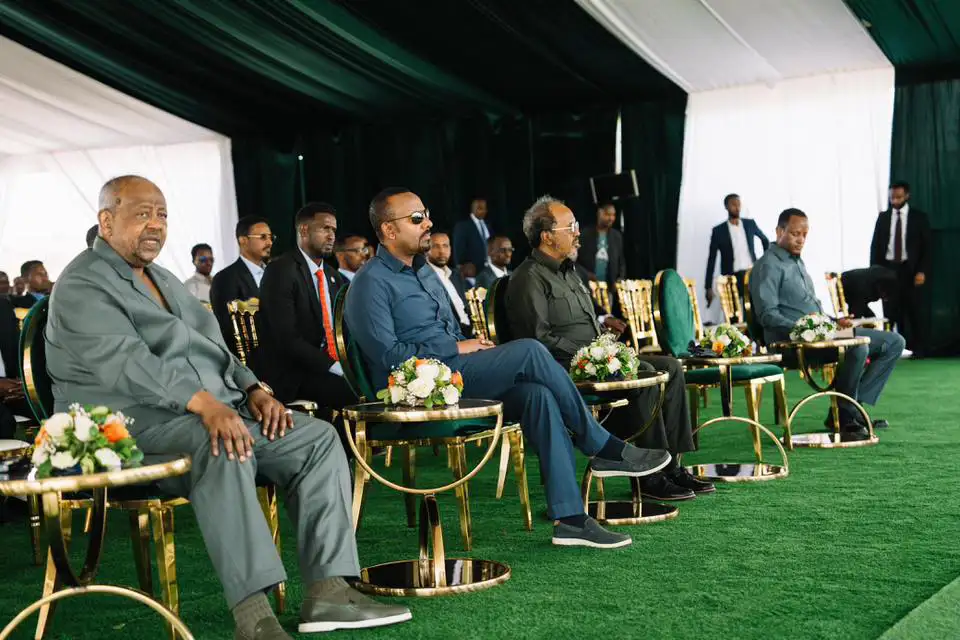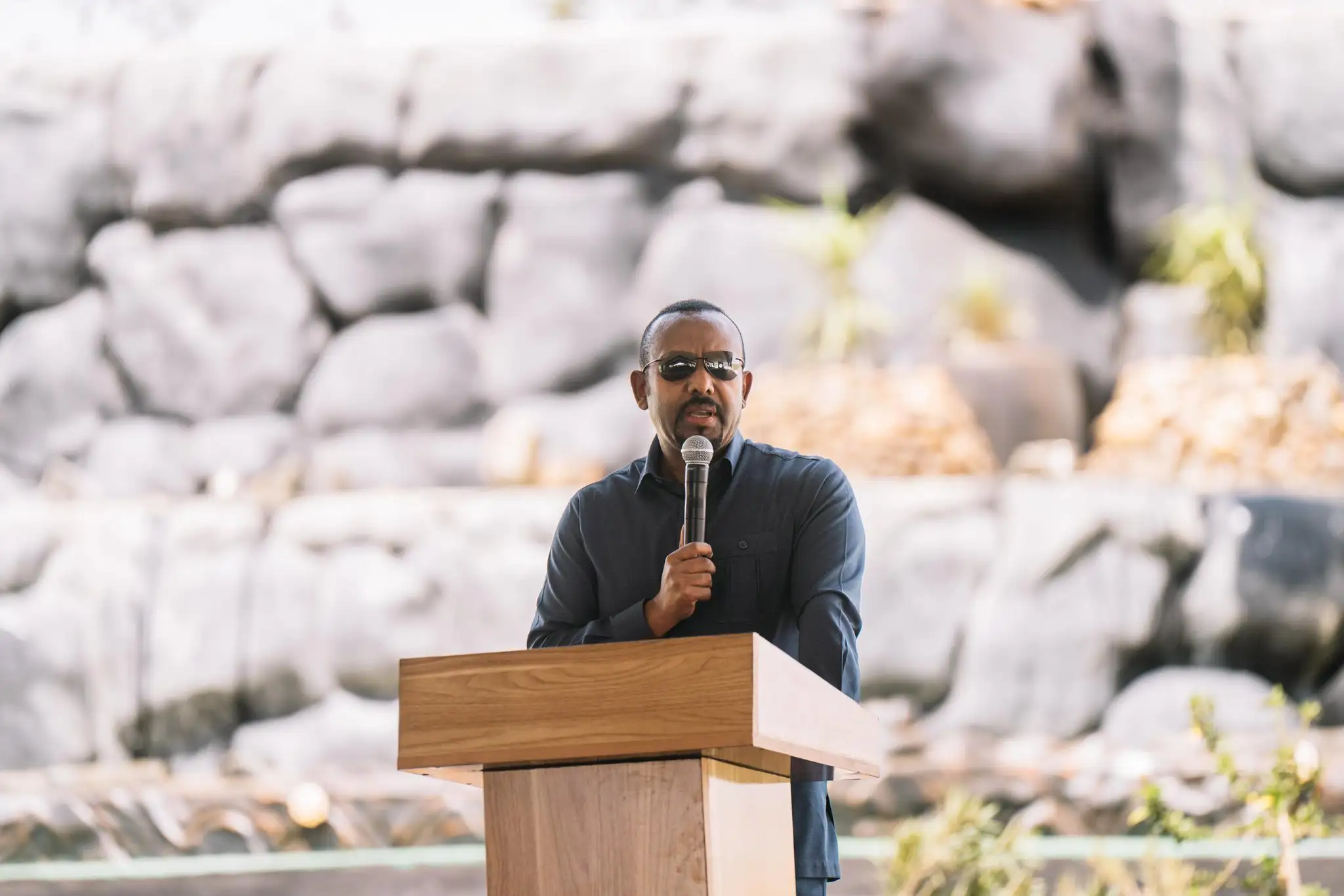Prime Minister Abiy Ahmed (PhD) has provided a detailed explanation of his fourth book, "The Medemer State."
According to the Prime Minister, no government in modern Ethiopia has ever set out a clear framework, philosophy, and method of governance. He suggests that perhaps no other government in Africa has done so either—spelling out its vision, implementation strategies, operational methods, and the specific goals and outcomes it aims to achieve for its people.
This in itself makes the document "The Medemer State" a pioneering work.
The core idea of "The Medemer State" is to give institutional form to the philosophy of Medemer (synergy), which has been previously explored in concept, design, and history. It details how this philosophy can be operationalized for future generations. The Prime Minister explained that this document gives Medemer (synergy) a governmental structure, detailing how its principles can operate as a government's vision, moving beyond a personal or group ideology.
The book addresses several key issues. The first is, "Where did we and the rest of the world diverge?" It examines in detail the origins of Ethiopia's political, economic, and social fractures and the specific issues that have set the country apart from the rest of the world.
The second issue the book discusses in detail is the root causes and challenges that have contributed to Ethiopia's lagging development.
The book also analyzes how the gap between Ethiopia and the world can be narrowed. It details the kind of Medemer (synergy) approach that can be followed to achieve this.
After examining its history and identifying the gaps, the book suggests ways to bridge those gaps. To do so, it recommends moving beyond conventional approaches and adopting Medemer-based (synergy-based) creativity, speed, and "leapfrog" strategies. The book argues that without being creative, fast, and sometimes "leaping forward," it will be impossible to narrow the gap.
In detailing its ideas, the book compares itself to the philosophies of past Ethiopian governments. For example, it contrasts its approach with the market-led economy or command economy periods, as well as the developmental state era. It looks at those past philosophies and explains, through comparison, why the Medemer (synergy) vision is the one to follow.
The book details the characteristics of a government that uses Medemer (synergy) as its philosophy to achieve prosperity. It discusses the strategies it will follow, the results it will achieve, and its relationships both domestically and internationally.
The Prime Minister explained that the book details how to create a transformed, modern, and developed rural Ethiopia. It also outlines how to create modern and efficient cities and how to rapidly align results in the industry and tourism sectors for national benefit and growth.
According to the Prime Minister, anyone who takes the time to read this document will see the government's shape, vision, and operational method. He stated that in the future, when people look back at the results, they will clearly understand the philosophy that guided the government.
Another key idea the book raises is the importance of political stability for economic success and the flow and efficiency of institutions. It also addresses challenges that could hinder success.
The Prime Minister says that one of those challenges is corruption, noting that the book describes how corruption of both time and money acts as a significant barrier to creativity, speed, and success. The book also highlights the danger of a political system where politics is treated as a commodity, which moves away from a genuine marketplace of ideas.
The book shows the challenges of having a widely divergent view of national interest and the difficulty of securing benefits for Ethiopia without a unified national narrative.
According to the Prime Minister, the book doesn't just identify problems; it also points to solutions. For example, it argues that politics should be a marketplace of ideas, not a platform for personal hatred or emotions. It suggests that, as a nation, we need to build a common narrative. This doesn't mean giving up one's own culture, language, or history, but rather building a shared narrative that can bring us together within the country we live in.
PM Abiy also mentioned that the book holds the idea that Ethiopia must use and capitalize on its rich social capital. When we do so, the book analyzes how we can understand where we and the world diverged, identify our challenges, design strategies to overcome them, and implement these methods one by one.
Overall, he explained that the document is a detailed and significant work that outlines how to envision and leave behind a prosperous Ethiopia for future generations.




